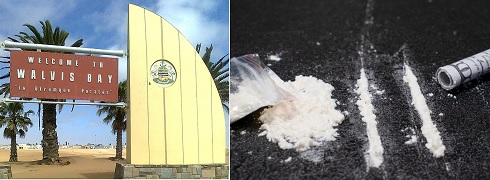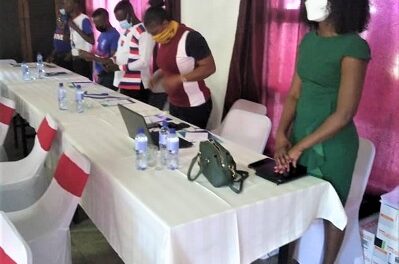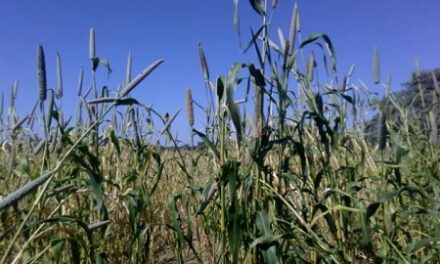
By Marx Itamalo /
Namibia’s port town of Walvis Bay has become a drug haven for drug dealers, with millions of dollars’ worth of drugs confiscated by authorities each year.
Drugs such as cocaine and mandrax are readily available on the streets of the coastal town, and this has affected the well-being of many residents, sources at the harbour town say.
According to the sources, many people have lost their cars, houses and even jobs due to drug addiction.
“Walvis Bay has a big drug problem,” says Jonas Heduva, a resident of Naraville, a suburb of Walvis Bay notorious for its underworld drug dealings.
“I think it’s the town most affected by this (drug) problem than any other town in Namibia. Not even Windhoek can be compared to Walvis Bay when it comes to drug dealing and use.”
Heduva, a naval soldier, states that drug use amongst the residents of Walvis Bay has reached the point where even children are entangled as users and dealers.
“It is sad. Very sad. Productive people are being destroyed on a daily basis. Even children have become dealers now,” he says.
Heduva, like many other residents of Walvis Bay, blasts the police for not doing enough to curb the dealing in and use of drugs in the town. Many residents accuse police officers attached to the drug law enforcement unit at the town of being in the pockets of dealers, many of whom are known.
“The dealers are known. They are powerful and residents are scared of them.
“But, they are known. People know them and the police know them too. Some police officers are close associates of dealers and that is not a secret,” Heduva maintains.
Heduva says that, more often, some arrests are made, but dealers are always released on bail just to go and continue with their dastardly deeds.
“We even now question the credibility of some magistrates in Walvis Bay. Because, how do you keep releasing on bail a regular offender multiple times, especially someone involved in drug dealing?”
A former journalist, who has since made a transition to community and political activism in Namibia’s marine rich Erongo region and a resident of Swakopmund, a town 30km north of Walvis, underscores how fighting drugs in Erongo, especially Walvis Bay, has become a dangerous job. For this article he requests anonymity out of fear of reprisals.
“The dealers have people on the ground who are checking whoever is making a lot of noise. If you are identified, no matter who you are or what you do, you are in trouble,” he says.
This former scribe says that in 2021 he wrote an article about a drug smuggling case involving two well-know dealers who were arrested for trafficking a record consignment of cocaine into the country in 2018.
“I was intimidated and faced threats. Death threats were made against me with a picture of a gun and bullets drawn on the wall of my house one night,” he states.
The case he is referring to is of two Walvis Bay citizens, Grant Noble (40) and Dinath Azhar (66), who were arrested in June 2018 for smuggling a record quantity of cocaine into Namibia. The two men were arrested after customs and police officials discovered 412kg of cocaine, with a Namibian street market value of N$206 million, in a container at Walvis Bay harbour on 15 June 2018.
The cocaine was hidden in boxes of copy paper.
That is the largest single consignment of cocaine to have been confiscated in Namibia to date. The drugs were found after custom officials were tipped off about drugs being shipped to Namibia in a container.
The container was shipped from Brazil, via Cape Town and then Walvis Bay. It was imported by a close corporation owned by the two men.
After a trial that lasted for about five years, the two were ultimately found guilty on counts of dealing in cocaine, alternatively possession of cocaine and money laundering and sentenced to an effective term of seven years each in October 2022.
The sentence raised anger in many residents of Walvis Bay, saying it was too lenient considering the quantity of cocaine involved. The state did not appeal the sentence.
During October 2022, just days before the pair was sentenced, a group of Walvis Bay residents held an anti-drugs demonstration organised by anti-drug activists in the town. Although the activists reached out to the community via social media inviting the community to join them, the march was poorly attended.
“People are scared of the dealers. That is the reason only a few turned up for that demonstration. People don’t want to get in trouble,” the former journalist stresses.
In the photo: Walvis Bay’s proximity to the Atlantic Ocean makes it the transit point for drugs from South America, and even from Cape Town.






